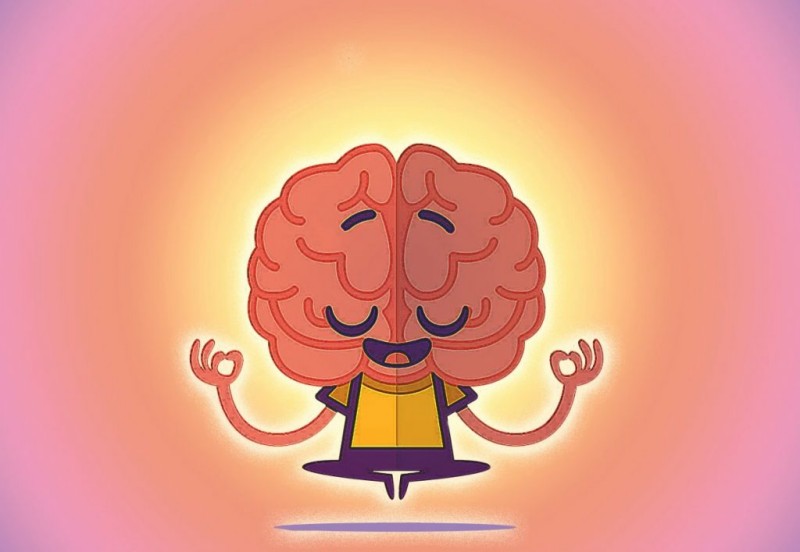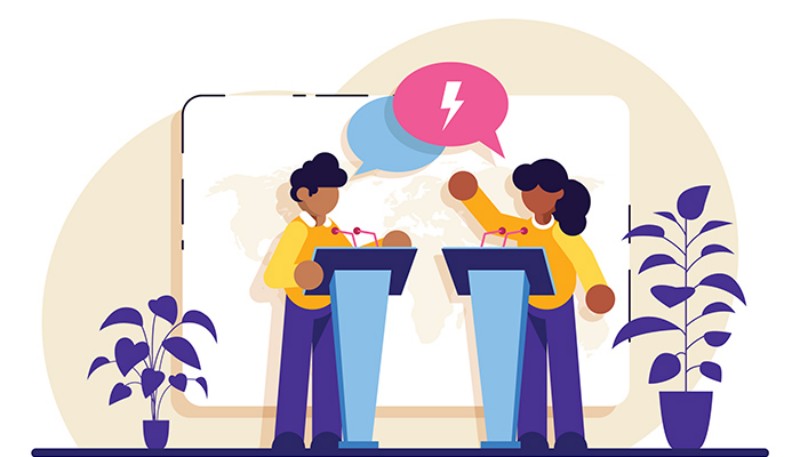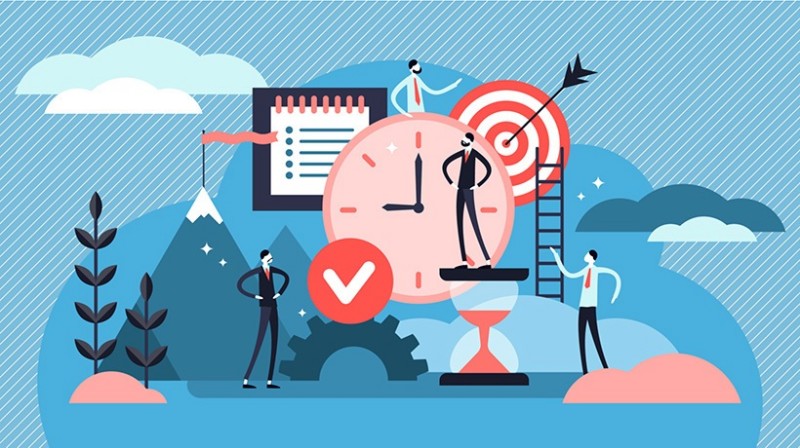Internet addiction, a modern-day phenomenon, has become a concern that transcends all age groups. With the surge in digital reliance, finding effective strategies for internet addiction treatment is of utmost importance. This article delves into understanding internet addiction and presents various treatment methods to overcome this issue.
The term ‘Internet Addiction’ refers to excessive or poorly controlled preoccupations, urges, or behaviors regarding computer use and internet access that lead to impairment or distress. A 2023 study from the Journal of Behavioral Psychology found that more than 30% of the population, predominantly between the ages of 15 and 50, show signs of internet addiction.
Internet addiction treatment is not a one-size-fits-all remedy. The treatment methods vary based on individual symptoms, their severity, and the individual’s overall health. However, most professionals agree that a combination of therapy, lifestyle changes, and in certain cases, medications, yield the best results.
Cognitive-Behavioral Therapy (CBT) is recognized as one of the most effective treatments for internet addiction. It helps individuals understand their thought patterns, enabling them to identify triggers and devise coping mechanisms. It also aids in developing essential skills like time management, impulse control, and stress management, which are crucial for overcoming internet addiction.
As part of a comprehensive treatment plan, lifestyle changes are often recommended. Regular physical activity, a balanced diet, and adequate sleep contribute to overall wellbeing and help manage cravings for excessive internet usage. A 2024 study from the Journal of Nutritional Health found that a diet rich in omega-3 fatty acids helped improve concentration and reduce impulsive behaviors.
Meditation and mindfulness techniques can also offer significant benefits. Practicing mindfulness helps an individual stay present and focused, reducing the urge to escape to the digital world. Meditation aids in stress reduction, thereby lowering the potential triggers for internet addiction.
While therapy and lifestyle changes form the crux of treatment, in some severe cases, medication may be used as part of the treatment plan. Antidepressants, anti-anxiety drugs, or certain types of mood stabilizers can be prescribed under medical supervision to manage any underlying conditions that might contribute to internet addiction.
Internet addiction treatment is a journey that requires time, patience, and a strong support system. It’s crucial to remember that relapses are part of the process, and seeking professional help when needed is a sign of strength, not weakness.
By understanding the depth of internet addiction and its potential treatments, individuals can take the first step toward recovery and regain control over their digital lives. With the right support, it’s never too late to start the journey towards digital wellness.












 : eval()'d code(1) : eval()'d code(1) : eval()'d code(1) : eval()'d code</b> on line <b>2</b><br />
https://mindbodyfuell.com/wp-content/themes/baobao/default.jpg)
